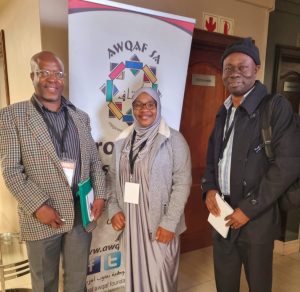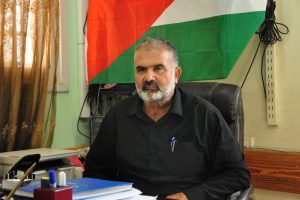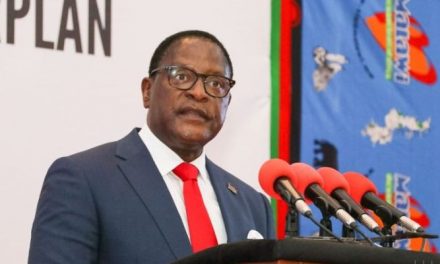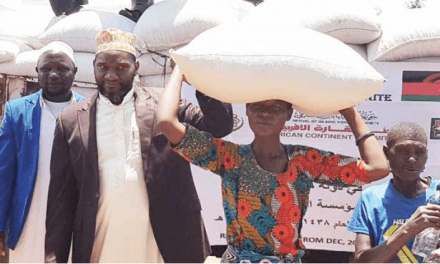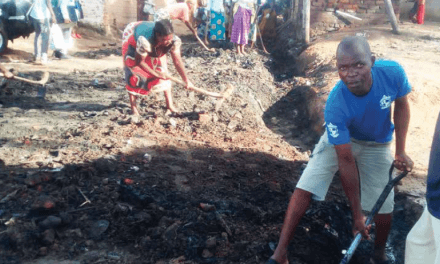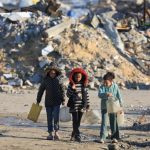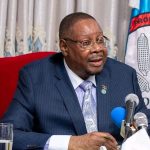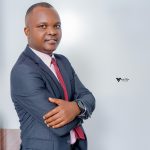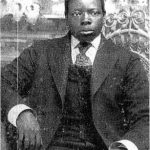
Muslims in the SADC Region Advance Islam in Southern Africa
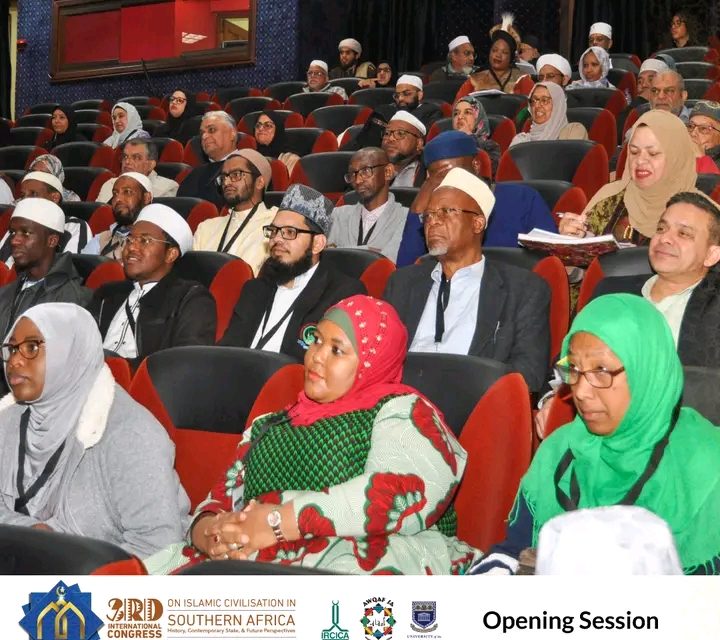
The Muslim population of Africa has been urged to write their own history. On September 18, 2022, Chairman of Awqaf South Africa Zeinoul Abedien Cajee made this statement at the Third International Congress on Islamic Civilization in Southern Africa.
The conference was held at Islamia Islamic College in Cape Town, South Africa, from September 16 to 18, 2022. The Organization of the Islamic Conference (OIC), IRCICA, the Research Centre for Islamic History, Art, and Culture, Awqaf South Africa, and the University of the Western Cape hosted the third jointly organized with assistance from
Islamia College and others.
The Turkish Ambassador in South Africa Aysegul Kandas, Executive Mayor Geordin Hill-Lewis, and other well-known South Africans attended the conference.
The conference’s goal, according to Zeinoul Abedien Cajee, was to bring together a variety of researchers to examine the research that has been done in particular areas of interest to Muslim communities in Southern Africa, or more specifically the SADC region.
“A book describing the many research methods conducted is the conference’s output. It is also a way of saying that we are capable of acting independently without adopting a colonial attitude. Writing down one’s thoughts and
observations about oneself is a necessary step in the decolonization endeavor, “ he stated.
Several women and young people presented their papers at the meeting, according to Cajee. He said that the presence of women at the conference was evidence of the conference’s organizers’ patriotism and commitment to advancing women.
The conference’s goal, according to Professor Muhammad Haron, was to examine topics like the spread of Islam in Southern Africa, the relationship between trade and Islam, language and Islamic literature, Islamic education, and
intellectual development, colonialism and democracy, coexistence of cultures, arts and crafts, architecture, and archaeology, future perspectives, Muslim media, influential figures etc
There were 12 panel talks and 3 unique panels, according to Professor Haron. In the first unique Arabic roundtable
discussion about the Arabic language, experts from Yemen and Libya took part. Imam Abdullah Haron was the subject of the third celebration.
“The role of the media in the Muslim community was also stressed by the Conference. The use of our own Islamic
media to promote and alter the way of thinking in our Muslim communities is another topic discussed. These
platforms, in one way or another, document Muslim communities’ history. They document more Muslim-related
issues. It is essential to assess these specific platforms as a tool to advance, transform, change, and have an impact
on local thinking,” he explained.
Ustaz Jafar Beya, a speaker from the Congo, claimed that these conferences serve as a wake-up call to several issues and initiatives carried out by Muslim communities.
“An effective strategy to protect and expand Islam is to bring together individuals from diverse origins and educational levels. We can produce more accurate data and a reliable religious history, “ he added.
Sellina Siffat Gada from Insight Bulletin and Prof. Alfred Matiki from the International College of Business and
Management (ICBM) both came from Malawi and presented papers during the congress, discussing media-related
and social-cultural topics, respectively.
